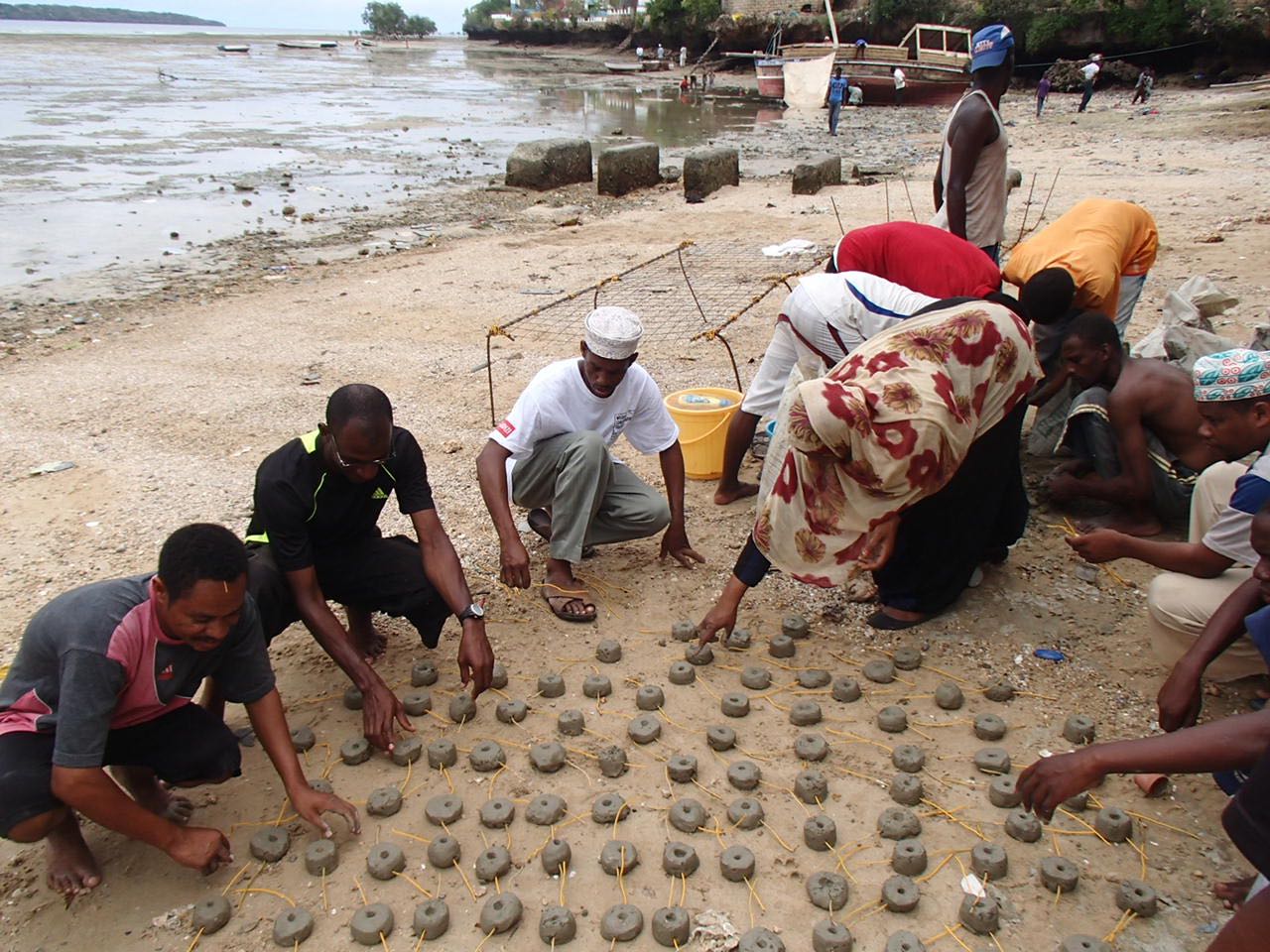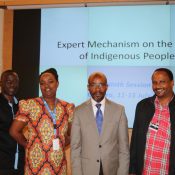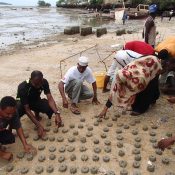
The Blue Space – An Untapped Economic Front that can Power the Africa We Want
The Blue Space is part of Africa’s rich geographical, social, and cultural canvas. It covers the sea and the coast, the lakes, rivers and underground water. Out of the fifty-four African States, thirty-eight are coastal States.
Africa’s total maritime zone is about 13 million square kilometers and includes territorial seas and the Exclusive Economic Zones (EEZ), approximately 6.5 million square kilometers of continental shelf as well as approximately 240,000 square kilometers under lakes. The continent therefore, has a vast blue space that can contribute to sustainable development of African States.
The sustainable use, management and conservation of aquatic and marine ecosystems and associated resources is what is largely referred to as the Blue Economy. It encompasses a range of productive sectors, including fisheries, aquaculture, tourism, transport, shipbuilding, energy, bioprospecting, underwater mining and related activities.
Additionally, the Blue Economy approach emphasizes interconnectedness with other sectors that provide ecosystem services based on the harvesting of living and non-living resources, benefitting both coastal, island states and landlocked countries. Sustainable Blue Economy also supports important social considerations, such as gender mainstreaming, food and water security, poverty alleviation, wealth retention, and jobs creation.
Its importance has also been recognized by the United Nations in adopting Sustainable Development Goals (SDGs) and specifically SDG 14 on conservation and sustainable use of the oceans, seas, and marine resources. Africa, too, has identified Blue Economy as an integral part of Agenda 2063, the Africa We Want.
The biotic resources available within the Blue Space allows Africa to expand its fishing, aquaculture, mariculture sectors and feed the pharmaceutical, chemical and cosmetics industries. These biotic resources together with mineral resources and the generation of new energy resources provide the ingredients for a resource-based industrialization. Africa, therefore, is at the centre of global trade, particularly value-added products.
The major driver to the realization of the benefits of these resources remains adoption of appropriate technology, an area that Africa still lags behind. The global market for marine biotechnology is expected to reach USD 5.9 billion by 2022. It is driven by increased
investments in marine biotechnology research and growing demand for natural marine ingredients. Biotechnology is essential for developing new foods, pharmaceuticals, bioenergy, and cosmetics.
Another untapped resource with a huge potential is ocean renewable energy. The International Energy Agency estimates that ocean renewable energy has a power potential sufficient to provide up to 400% of global current energy demand. Currently, approximately 30 percent of world oil and gas production comes from offshore resources, and it is expected to continue to meet our energy needs until the ocean energy potential is tapped.
Despite Africa’s rich resource endowments, the continent still suffers from large-scale poverty, with 46 percent of the population living in extreme poverty. Over the past decade, the African Union Commission (AUC) has sensitized its members over the critical role that the Blue Economy can play in generating wealth and reducing widespread poverty in Africa.
In recognizing this role, the Africa Union developed the 2050 Africa’s Integrated Maritime Strategy (AU 2050 AIMS) and placed the Blue Economy at the center of the AU’s Agenda 2063, the Africa We Want. In July 2015, the African Union launched the African Day (25 July) and Decade of Seas and Oceans (2015–2025) to rally action on the Blue Economy.
In response, African States have started to recognize the importance of the Blue Economy, and some are developing Blue Economy strategies. For example, Mauritius and the Seychelles have advanced Blue Economy policies and institutional frameworks.
There are, however, challenges that hinder effective harnessing of the Blue Economy potential. These include climate vulnerability, maritime insecurity, tsunamis and hurricanes, rising sea levels, ocean acidification, overfishing caused by illegal, unreported, and unregulated (IUU) fishing and other unsustainable fishing practices, pollution and habitat destruction.
Other challenges include inadequate access to shared resources as well as limited technological innovations, experiences and practices that can lead the transition to Blue Economy. In addition, complex national and international interests, can either favor partnership building and collaborative engagement or create tensions between interested parties.
Africa will quickly realize the full potential of the Blue Economy when it develops its own understanding of prosperity and progress, while promoting innovative thinking and practices. Besides, effective inclusion of all societal groups, especially women, youth, local communities, and marginalized groups and the recognition of the unique and valuable role they can play, can speed up the process.
In the whole process, it is important that the rich African cultural diversity and heritage is preserved. Thousands of indigenous communities continue to maintain their way of life and traditional livelihoods. These livelihoods represent more than income; they are embedded in their very identity.
Mr. Moses Ziro (article writer) is the Secretary, People4Nature Global and Executive Director, Africa Nature Organization.


